The monitoring and Evaluation Technical Support (METS) Program in collaboration with the Ministry of Health (MoH) held a District Health Information System (DHIS2) training for new staff at the Ministry (MoH) and District Health Officers (DHOs) in Jinja. The five-day intensive training (22nd – 26th May 2017) was intended to orient the DHOs from priority districts and New MoH Staff on the National eHMIS reporting platforms (DHIS2 and mTrac). The trainers hoped to create better understanding of the system as well as address queries experienced by the different users.
District Health Information Software-Version 2 (DHIS2) is a web based information system for collection, validation, analysis and presentation of aggregated statistical data, tailored to integrate health information and management function. This is done by visualizing and summarizing data to inform management decisions. The Software was developed by the Health Information Systems Programme (HISP) Project at the University of Oslo in Norway.
mTrac is a reporting mechanism that was designed for real time data collection, verification, accountability and analysis of aggregated data and community engagement for the improvement of health care service delivery. This information is sent via a text message from health workers, Village Health Teams (VHTs) or anonymous sources to a toll free short code on a weekly basis. This is then aggregated and put on an online dashboard.
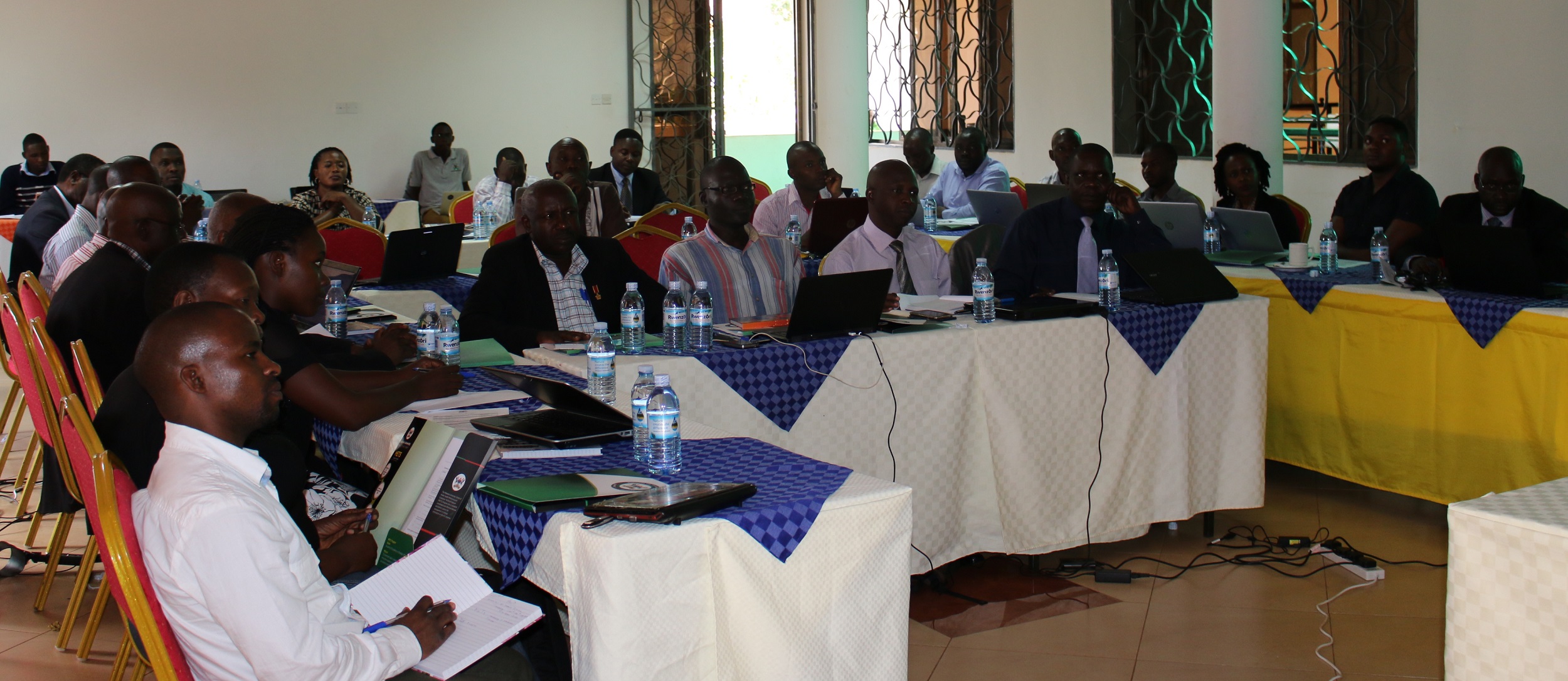
Thirty Four Participants from selected Districts and Ministry of Health attended the Training
The MoH recommended the training especially for DHOs to empower them to interpret the data in the DHIS2. These will be given access to the robust system (that is currently being used by the DREAMS Tracker) once they understand how to navigate it; the district bio statisticians were granted access and know how to distribute access rights to approved personnel. The system is equipped with graphs and maps to give good visual representations of the information collected from the districts.
Ms. Evelyn Akello, the Program Manager METS, thanked the MoH and in a special way appreciated the time, effort and support towards this training from Assistant Commissioner, Dr. Eddie Mukooyo. She noted that such efforts by the MoH to ensure that the country has clean data, were commendable.
Dr. Mukooyo noted that it was important to train the Bio statisticians but in the event that their bosses are not trained on how to use the same system, then the DHTs would be at a disadvantage as the system would not be appreciated or understood by decision makers. “This system does not only work for HIV but other thematic areas and if the system is adopted, the country will have rich and clean data on a weekly basis” said Dr. Mukooyo during the opening of the training. He encouraged the DHT leadership to seek out these trainings for their staff and the Ministry was ready to give support to ensure efficiency. He also appealed to METS to consider purchase of colored printers to create appreciation of the data as opposed to presentation of the same in black and white. “The Ministry is now focusing on output based performance and this makes the DHIS2 system very relevant because it gives a weekly performance of districts, hence showing the grey areas and highlights areas of need which in turn encourages relevant and vital funding” he added.

Dr. Eddie Mukooyo, (Assistant Commissioner DHI-MoH) making his remarks
He encouraged the participants to continuously use the system to appreciate its capacity and also to equip themselves with better management skills if they are able to interpret the clean data and learn to use it for betterment of the DHTs. He added that the DHTs should prioritize quarterly data review meetings to create accountability and create appreciation by the funding partners in the various districts.
The training was facilitated by the METS HMIS team with Stephen Ocaya as the Team Lead. Thirty-Four participants from 24 Districts and selected staff from MoH attended the meeting. The invited districts included Mubende, Kiryandongo, Kasese, Kibaale, Kagadi, Kakumiro, Maracha, Nakaseke, Masindi, Kalangala, Kyankwanzi, Kyenjojo, Buliisa, Wakiso, Nakasongola, Yumbe, Kyenjojo, Butambala, Soroti, Rakai, Kalungu, Sembabule, Hoima and Mpigi

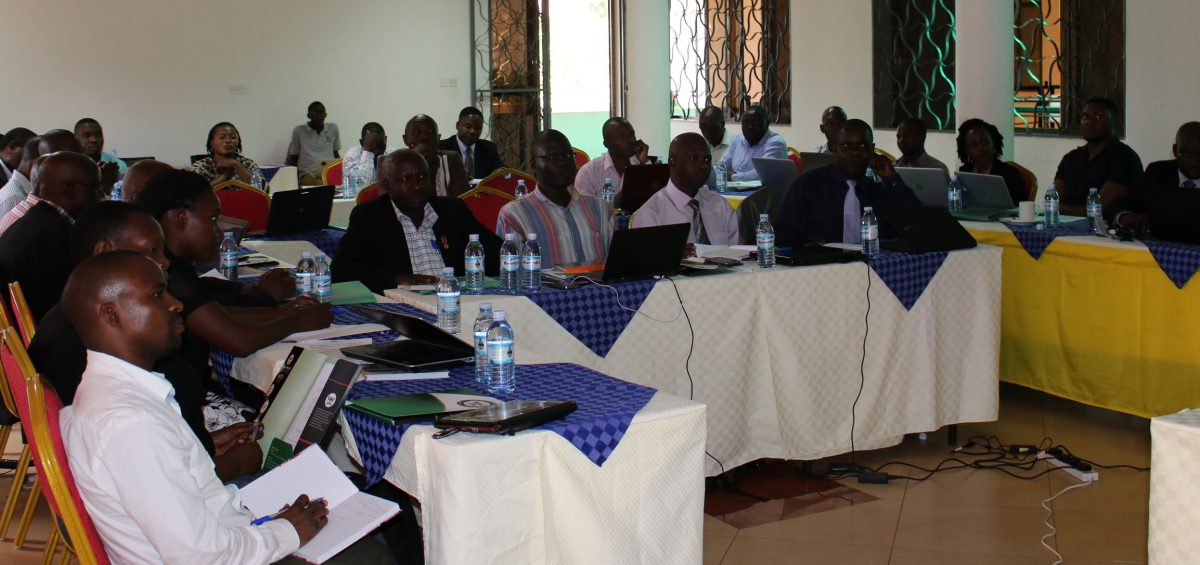
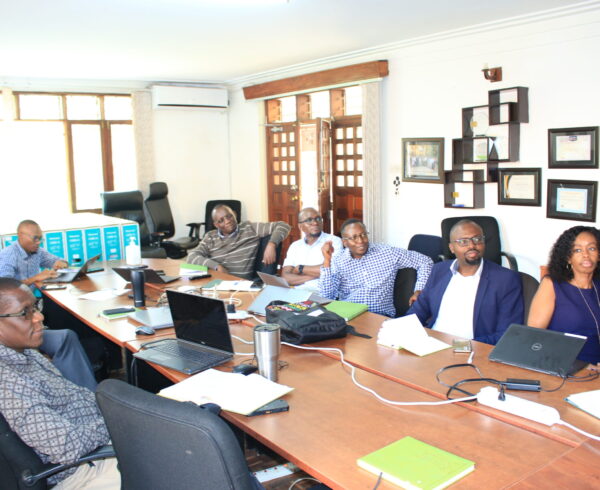
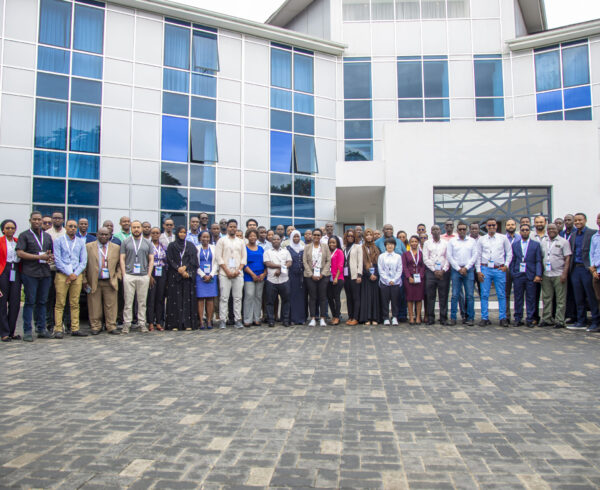
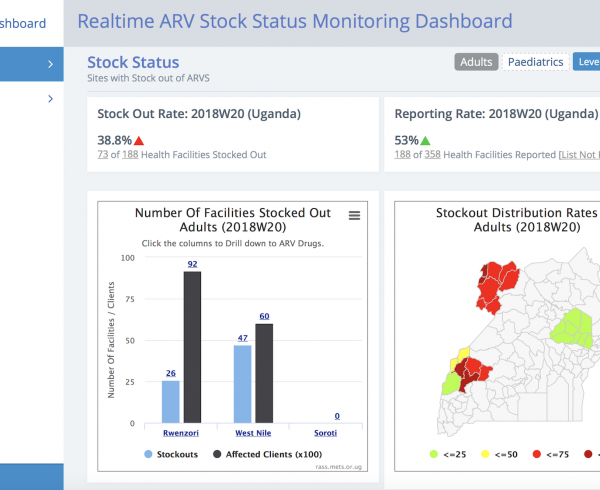
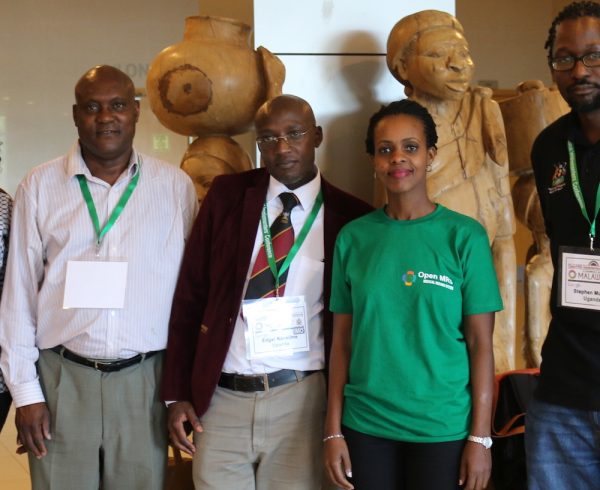
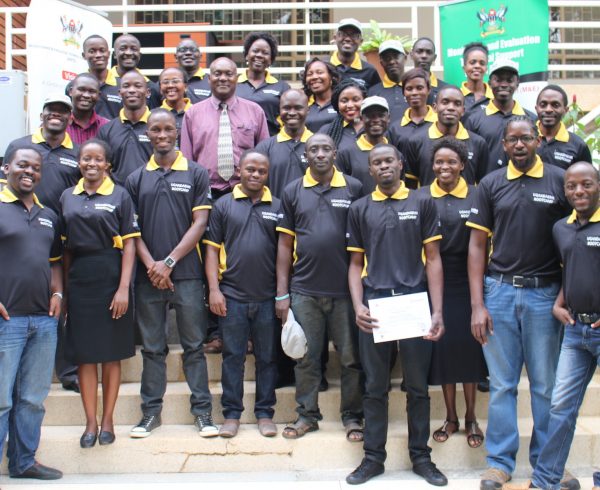
Nice work!
So helpful all DHO were excited to learn a lot